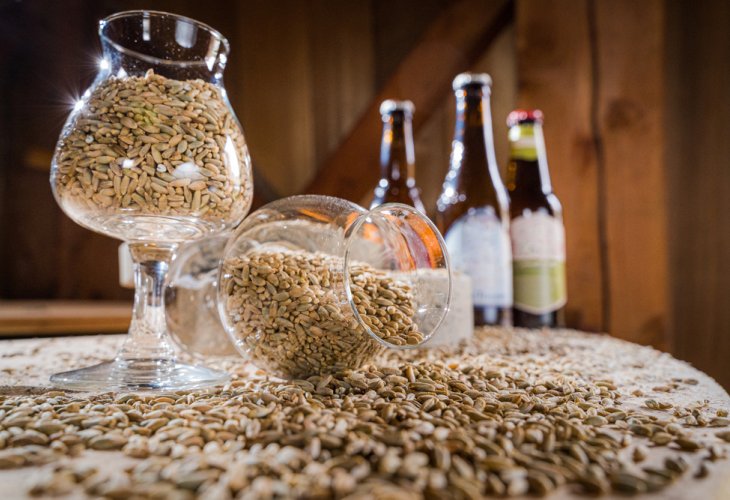Why You Should Consider Adding Brewer's Yeast to Your Diet
A great source of vitamins, boosts immunity, and helps balance diabetes – discover all the benefits of brewer's yeast.
 (Photo: shutterstock)
(Photo: shutterstock)Brewer's yeast is an inactive yeast, rich in proteins and essential amino acids without any fats. Despite its name, it's not a byproduct of brewing and is actually beneficial for health, unlike regular yeast.
It is an excellent source of B vitamins as well as minerals like iron, potassium, zinc, chromium, selenium, and phosphorus.
It's important to note that brewer's yeast contains a high amount of phosphorus. However, incorporating it into your diet occasionally shouldn't be a problem due to its high nutritional value.
Thanks to its high B vitamin content, brewer's yeast supports nervous system function, helps with fatigue and improves sleep. B vitamins are also essential for blood health and maintaining digestive health, which effectively starts in the mouth. Therefore, brewer's yeast can also help with mouth sores and ulcers. Such sores are often linked to stress and deficiencies in B vitamins or zinc.
With its high chromium content, brewer's yeast can aid those with diabetes. Chromium is vital for enhancing pancreatic function and maintaining normal blood sugar levels. During pregnancy, it's safe to consume a tablespoon a day, or 2-3 capsules.
Autoimmune diseases, where the body attacks its own cells and tissues, can cause inflammation and tissue damage. To strengthen your immune system, reduce stress, and increase your intake of fresh, natural foods. Brewer's yeast, rich in B vitamins, is particularly beneficial.
Due to the high concentration of vitamins and minerals, it's important to consume brewer's yeast in moderation and pair it with vegetables, fruits, legumes, or grains.
Brewer's yeast has a dry, granular texture. It can be used as a seasoning or sprinkled on salads. It dissolves in water and forms a creamy texture, making it ideal for spreads, casseroles, and sauces.
It's also used in making cheese substitutes because of its strong taste similar to Parmesan. Take a cup of raw almonds, add two tablespoons of brewer's yeast, a teaspoon of garlic powder, and salt to taste. Blend it all, and you've got yourself a natural Parmesan cheese alternative.
Zohara Sharvit is a renowned naturopath N.D and iridologist with extensive experience in treatment, consulting, and workshop facilitation. To book a free workshop, call 073-2221290

